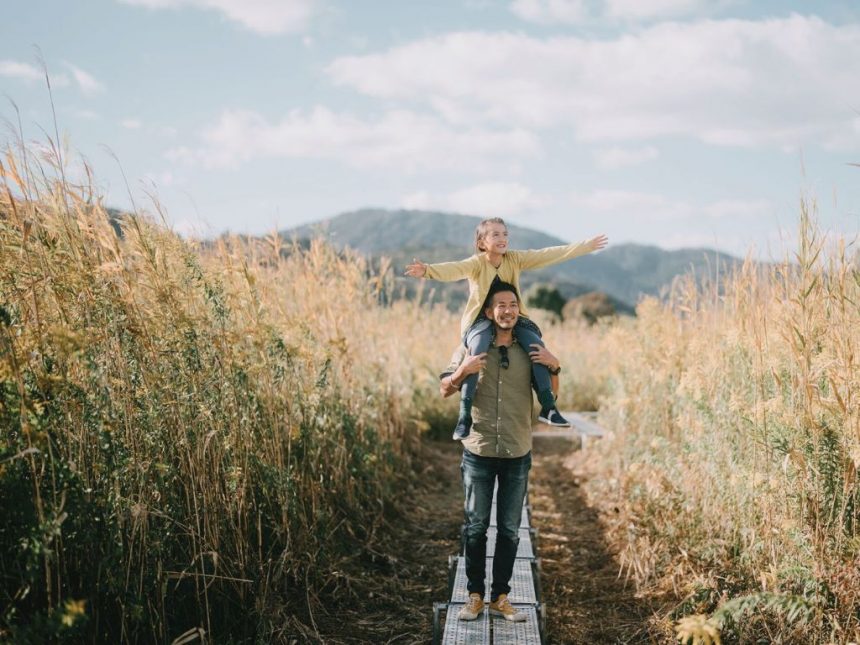Environmental change and climate crisis are undeniable, with signs appearing all around us. Major hurricanes are becoming more common in the northeast, fire seasons are regular occurrences in North America, and microplastics are prevalent, having adverse effects on both our health and the planet. This is just the beginning of the harmful impacts of global warming and human activity on our Earth.
As a result, many people are experiencing a condition known as “eco-anxiety,” characterized by chronic fear of environmental doom. The American Psychological Association has highlighted the toll that climate change can take on mental health, including trauma-like symptoms. Eco-anxiety is described as the anxiety and distress felt due to increasing concerns about environmental issues.
Children, too, are not immune to eco-anxiety. A survey conducted by Earth Rangers found that 80% of U.S. kids aged six to eleven shared feelings of climate anxiety. They worry about the extinction of animals and the future of the planet. Children, being empathetic by nature, absorb the environmental concerns of the adults around them, leading to increased anxiety.
Young climate activist Rohan Arora, who dealt with eco-anxiety growing up, understands the overwhelming feeling of impending doom. This sentiment is echoed by many young people today who worry about their future due to climate change.
It’s important for parents to validate their children’s feelings and provide a supportive environment for open discussions about eco-anxiety. Children should be reassured that they are not solely responsible for saving the planet and that everyone can contribute positively. Strategies to cope with anxiety, such as meditation and replacing worried thoughts with positive ones, can be helpful.
Highlighting the intersectionality of climate issues and emphasizing solutions can also alleviate eco-anxiety. Parents can engage children in discussions about climate change, ensuring that they feel empowered to make a difference. By approaching the topic with a solution-oriented mindset and learning together, parents and children can navigate eco-anxiety together. Remember, you don’t need to be a climate expert to have these conversations – exploring and learning together can be an enriching experience.






